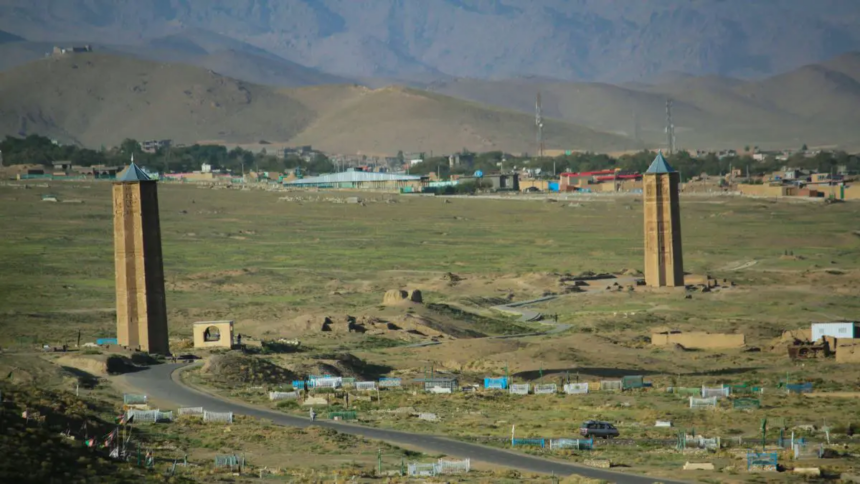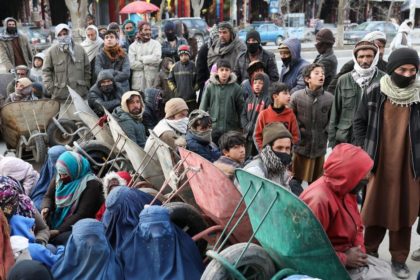RASC News Agency: In a continuation of their draconian and extrajudicial justice practices, the Taliban’s so-called Supreme Court has announced that two men were publicly flogged in the Giro district of Ghazni province. According to a statement released on Monday, April 14, the men were sentenced following accusations of “sodomy.” The Taliban reported that one individual received 15 lashes, while the other was given 20, in addition to prison sentences ranging from six to eight months. The group claimed the punishments were administered following approval from the Taliban’s Supreme Court, a body operating without due process, transparency, or adherence to international legal standards.
On the same day, Taliban forces also reportedly carried out the public flogging of two additional men in the Pasaband district of Ghor province, again in full view of local residents. These events come just one day after a speech by Taliban leader Hibatullah Akhundzada, in which he reiterated the group’s commitment to continuing public and summary punishments under their strict interpretation of Sharia law. Since retaking power in August 2021, the Taliban have imposed a brutal legal regime, reinstating medieval forms of punishment including public executions, amputations, and floggings often carried out without fair trial or legal representation. These punishments are typically conducted in public settings, with the intent of instilling fear and reinforcing authoritarian control.
International human rights organizations have consistently condemned these practices, arguing that they constitute a gross violation of Afghanistan’s international obligations, including under the Universal Declaration of Human Rights and the International Covenant on Civil and Political Rights. Legal experts have raised grave concerns about the absence of judicial oversight and the Taliban’s reliance on coercion, intimidation, and public humiliation. Trials, if held at all, are opaque, politicized, and lack any semblance of impartiality. As the regime continues its relentless campaign of repression, civilians across Afghanistan particularly women, children, religious minorities, and LGBTQ+ individuals remain at heightened risk of state violence and systemic abuse.
The international community faces mounting pressure to take decisive action to hold the Taliban accountable for their ongoing violations of fundamental human rights and to support the Afghanistani people, who continue to endure governance rooted in fear and brutality.






